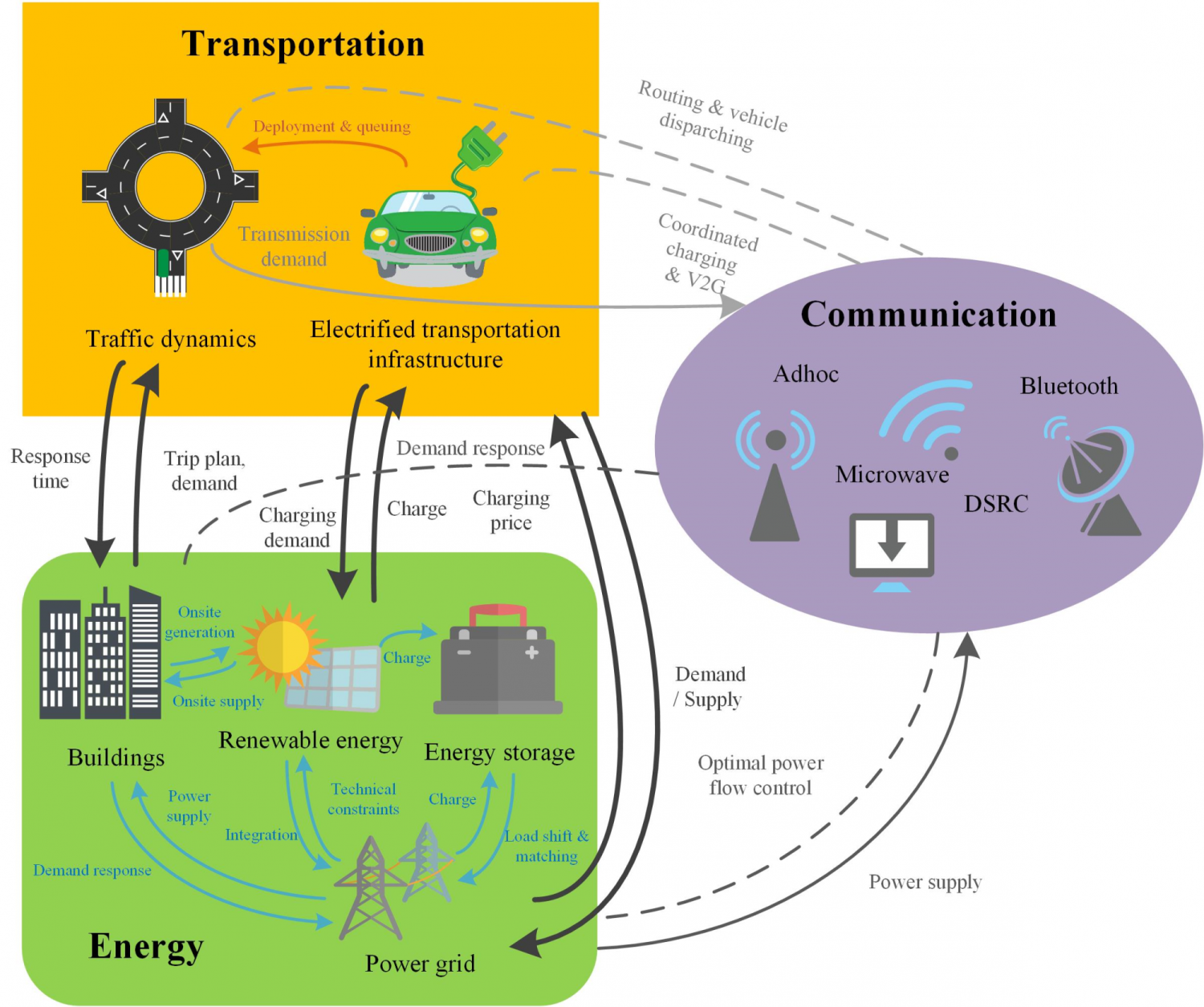Wangda Zuo, associate professor, Lewis-Worcester Faculty Fellow of Civil, Environmental and Architectural Engineering, is collaborating with Virginia Tech on a $1.4 million NSF research grant to understand how best to transform villages, towns and cities into smart, connected and sustainable communities in the coming decade. The research aims to create a new planning framework for future smart cities, revolutionizing transportation, communication and energy systems to seamlessly integrate sustainable components such as renewable sources, smart sensors and electric vehicles. The integration will ensure that tomorrow’s communities are truly sustainable and connected, exhibiting desirable qualities, including zero energy (self-sufficient in their energy production), zero outages (communication links across the community are ultra-reliable and experience low interruption) and zero-congestion (traffic congestion is minimized across the community). To support the planning and performance evaluation of such communities, the team has developed an open source virtual testbed based on a real-world net zero energy community on Anna Maria Island, Florida.
More information

